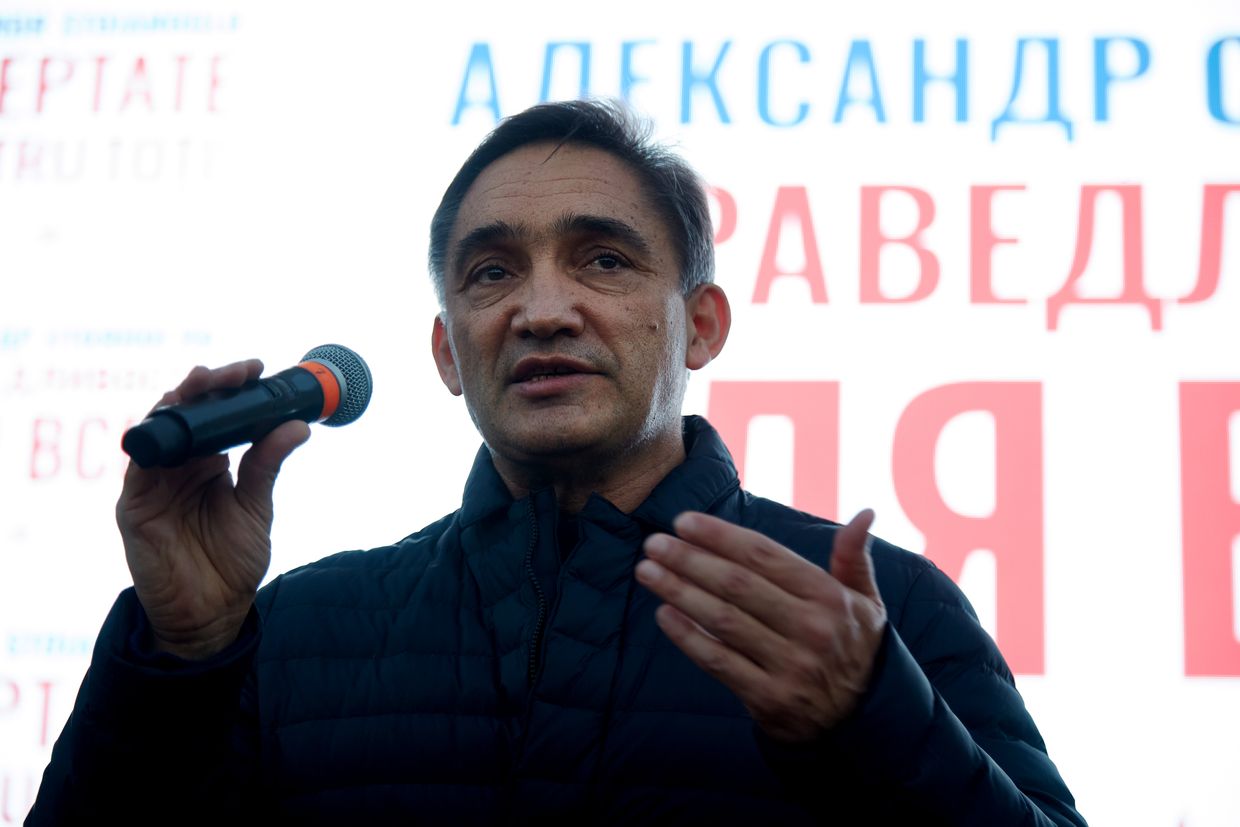President Sandu's opponent concedes, days after losing Moldovan presidential election

Pro-Russian political newcomer Alexandr Stoianoglo on Nov. 6 conceded following the Moldovan presidential runoff vote.
Pro-EU President Maia Sandu won on Nov. 3 by a margin of about 55.3% to 44.7%, despite what she called an "unprecedented" election interference backed by Moscow.
The Russian-friendly Party of Socialists, who supported Sandu's opponent Stoianoglo, announced that they do not view Sandu as legitimately elected and will not recognize her as president. Moscow also refused to recognize Sandu’s victory.
Two day after the runoff, Stoinoglo said that the results of the presidential election "showed that we lost, although here in Moldova we won."
"This is not a final defeat, it is only a lost battle," he added.
Stoianoglo, Moldova's former prosecutor general from the Russian-friendly Gagauzia, presented himself as a fresh candidate who could unify the opposition. Sandu and some observers said that his candidacy was merely Moscow's ploy to put forward a more acceptable candidate than ex-President Igor Dodon.
Moldovan authorities, independent observers, and officials from the EU and the U.S. pointed to a malign influence campaign involving criminal networks and political groups tied to Russia. Moldovan lawmakers claimed that Moscow spent millions of dollars backing Stoianoglo.
Sandu has long insisted that the real opponent to her government and Moldova's European path is the Kremlin, which has been waging a hybrid war designed to push Chisinau back into Moscow's orbit in what Sandu described "a fraud of unprecedented proportions."













